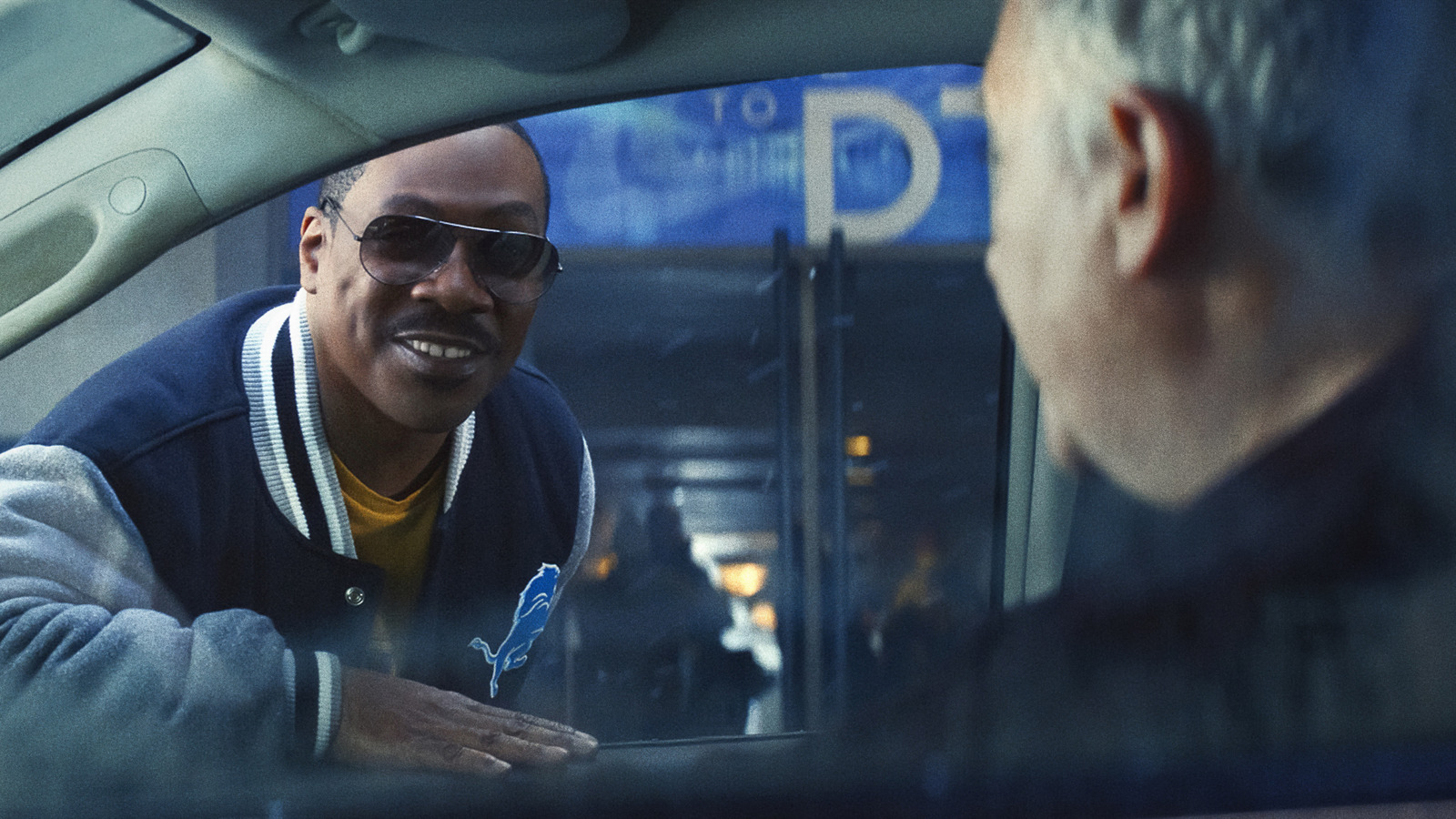
It really shouldn’t have been this way. On the surface, many of the ingredients for a successful film exist in the 1994 action comedy “Beverly Hills Cop III.” Murphy was returning to one of the roles that made him famous beyond even his work on “Saturday Night Live” in the early 1980s. Not only that, but he was reuniting with director John Landis, whose own career had plenty of successes with Murphy, including “Trading Places” and “Coming to America.” The premise of the third Axel Foley adventure also feels like a bit of a nod to another famous franchise, the “Vacation” series starring fellow “SNL” alum Chevy Chase, as Axel has to investigate a counterfeiting ring tied to a theme park called Wonder World, which is definitely not meant to inspire connections to Disneyland and its ilk. And because Landis’ own predilections in his films was to do winking in-jokes and feature cameos from other members of the film industry, it made only perfect sense for him to make a new movie where Murphy would have to rub shoulders with the Hollywood elite. But too often, a concept and its execution don’t match up. Such was the case with the best-left-forgotten “Beverly Hills Cop III.”
Some of the signs of trouble are there even before the film truly starts. Not all of the cast returned — though Murphy is, of course, present alongside Judge Reinhold, they’re only joined by Bronson Pinchot as the flamboyant Serge among the returning players. Though neither John Ashton as Taggart nor Ronny Cox as Bogomil are the most hilarious characters in the series, their absence felt notable. Even Harold Faltermeyer, who composed the quintessential and iconic “Axel F” synth theme that’s so well-known, didn’t return as the film’s composer, replaced by Nile Rodgers. And although Murphy is no stranger to franchises that run across decades (think about how he’s recently referred to recording dialogue for an upcoming fifth “Shrek” film), there was something particularly cash-grabby about “Beverly Hills Cop III.” You don’t just have to take this writer’s word for that conclusion. Instead, you can read it straight from … Murphy himself. In a Rolling Stone interview in 1989, when asked about doing a third installment, Murphy reportedly said, “…if I do a ‘Cop III’, you can safely say, ‘Ooh, he must have got a lot of money!” (He did — stories of the film’s production delays note that $15 million of the film’s ballooning budget was his salary.)
Expanding financials or not, the end result of “Beverly Hills Cop III” is turgid and stagnant. It would arguably count as a searing hot take for any ranking of the franchise to not list “III” as the worst of the series, since Landis and Murphy in later years would acknowledge that it wasn’t an impressive effort. (It’s also telling that in the latest entry, “Axel F,” there is a brief nod to the third film as another character tells Axel his adventures in 1994 weren’t his finest hour.) Though Murphy initially seemed higher on the film when promoting it, he rightly notes a big part of the problem now: “Axel didn’t have any skin in the game.” It’s not that Axel Foley needs to be the tough-as-nails supercop for whom things just got personal to make a memorable story. But shoving Axel Foley into a riff on the Disney theme-park enterprise with references galore is less exciting than it sounds, and watching the film, it’s as if everyone involved understands inherently in the moment how bad things have gotten.


Leave a Reply